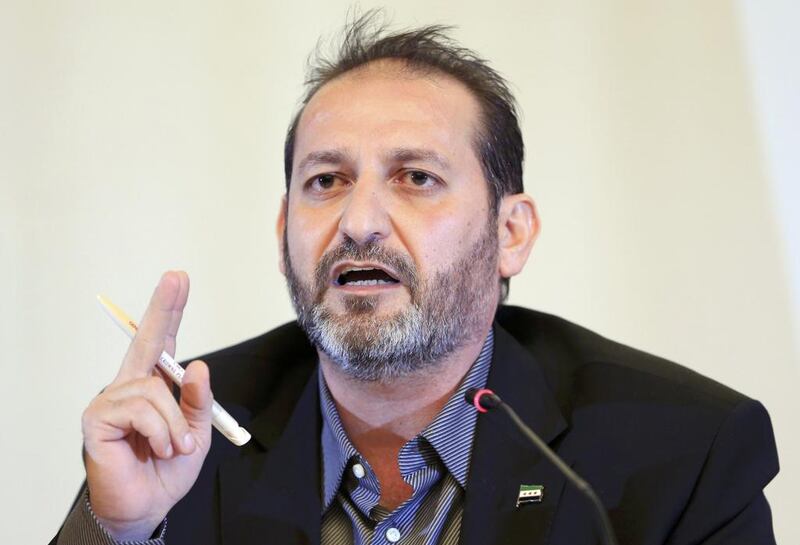As Syrian peace talks in Geneva become strained, the cracks – indeed, the chasms – between factions are starting to show. First, the Syrian regime’s representative, Bashar Al Jaafari, who is Syria’s ambassador to the United Nations, declared there would be no point meeting the opposition unless they were “unified, patriotic”.
The opposition, for its part, believes the regime is not serious about the peace talks and merely seeks to keep them going. Yesterday, the opposition were due to meet a Russian delegation, hoping to use Russian pressure on the Assad regime to force the talks to actually reach substantive negotiations.
On Monday, the opposition put forward a startling claim, that their delegation had visual evidence that confirmed that the Assad regime was closely involved with ISIL. The delegation didn’t expand, beyond saying there was a “relationship” between the two and that it would pass the file to the UN.
The claim could simply be a negotiating ploy, sending a signal to the regime by implying there are methods of pressure beyond the battlefield. But in any case, such a claim, while startling, is hardly damning. The Assad regime has long been the godfather of ISIL – without the regime, the group could never have gained a foothold in Syria.
Most of these links are well-known, the subject of journalism articles for the past few years. Even former US secretary of state John Kerry has spoken of them, saying the Syrian regime “created” ISIL by releasing hard-core Al Qaeda members and other extremists from its prisons early on in the uprising. There is evidence the regime went further, deliberately incarcerating those who took part in the uprising with Al Qaeda members in order to “turn” them.
The rebels have also noted how the Assad regime repeatedly used fighter jets to attack rebel-held areas inside Syria – but left Raqqa, the self-declared capital of ISIL, untouched. By doing this, the regime hoped to create in reality what it first declared by propaganda: that the uprising was really a group of extremists seeking to topple the regime.
From the beginning of the uprising, the regime has shown it is willing to collude with anyone who can help it stay in power, regardless of their politics. That’s because the Assad regime has no scruples, to mitigate its thirst to stay in power.





